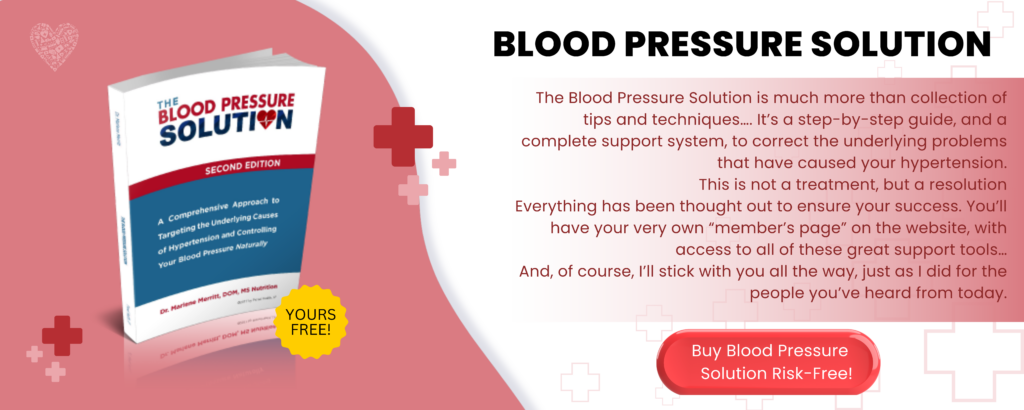
High blood pressure (hypertension) is a serious condition that affects millions worldwide. While medications are often prescribed to control blood pressure, not all of them are free from side effects. Some of the most widely used blood pressure medications have been linked to adverse effects that can impact overall health.
Understanding the Risks of Common Blood Pressure Medications
Many people rely on medications like Lisinopril, Norvasc (Amlodipine), Metoprolol, and Diuril (Chlorothiazide) to manage hypertension. However, studies and patient reports suggest that these drugs may cause issues ranging from dizziness and fatigue to more serious conditions such as kidney problems and irregular heart rhythms.

Lisinopril (ACE Inhibitor)
Lisinopril, commonly sold under the brand names Prinivil and Zestril, is an ACE inhibitor designed to relax blood vessels. While it is effective for some, it has been associated with:
- Persistent dry cough
- Dizziness and fainting
- Kidney function impairment
- Increased risk of high potassium levels, which can lead to heart complications
Metoprolol (Beta Blocker)
Metoprolol, often sold as Toprol XL, is a beta-blocker that slows the heart rate. Though it helps manage blood pressure, it may also:
- Reduce energy levels, causing fatigue and weakness
- Lower adrenaline response, which can affect physical performance and reflexes
- Lead to dizziness, nausea, and difficulty breathing in some individuals
Amlodipine (Calcium Channel Blocker)
Norvasc (Amlodipine) is a calcium channel blocker that relaxes blood vessels. However, it has been linked to:
- Swelling in the legs and feet
- Flushing and headaches
- Increased heart rate in some cases
Chlorothiazide (Diuril – Thiazide Diuretic)
Chlorothiazide is a diuretic used to reduce fluid retention and lower blood pressure. Potential side effects include:
- Dehydration and electrolyte imbalances
- Frequent urination, leading to mineral loss
- Increased blood sugar levels, which may be problematic for diabetics
A Natural Approach to Managing Hypertension
While medications can be necessary for some, many people find that lifestyle changes and natural remedies can help control blood pressure effectively. Here are some evidence-based strategies:
- Balanced Nutrition
- Increase intake of fruits, vegetables, and whole grains.
- Reduce processed foods high in sodium and unhealthy fats.
- Consume healthy fats from sources like olive oil, nuts, and avocados.
- Regular Exercise
- Engage in moderate physical activity such as brisk walking, cycling, or swimming for at least 30 minutes a day.
- Strength training can also help improve cardiovascular health.
- Stress Management
- Practicing mindfulness, meditation, or yoga can help lower stress-induced blood pressure spikes.
- Deep breathing exercises can improve circulation and relaxation.
- Adequate Hydration and Salt Regulation
- Drink enough water to maintain proper hydration levels.
- Limit excessive sodium intake but ensure sufficient potassium levels through natural sources like bananas, spinach, and beans.
- Herbal and Natural Supplements
- Some studies suggest that supplements like magnesium, CoQ10, and garlic extract may aid in blood pressure regulation.
- Green tea and hibiscus tea have shown potential in lowering blood pressure naturally.

Making Informed Choices
Before making any changes to your medication or treatment plan, consult with a healthcare professional. While some individuals may require medication, others may benefit from an integrative approach that includes lifestyle changes and natural interventions.
By taking a proactive approach to blood pressure management, you can work towards a healthier future while minimizing the potential risks associated with long-term medication use.



